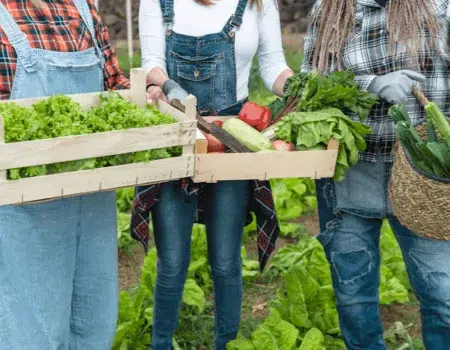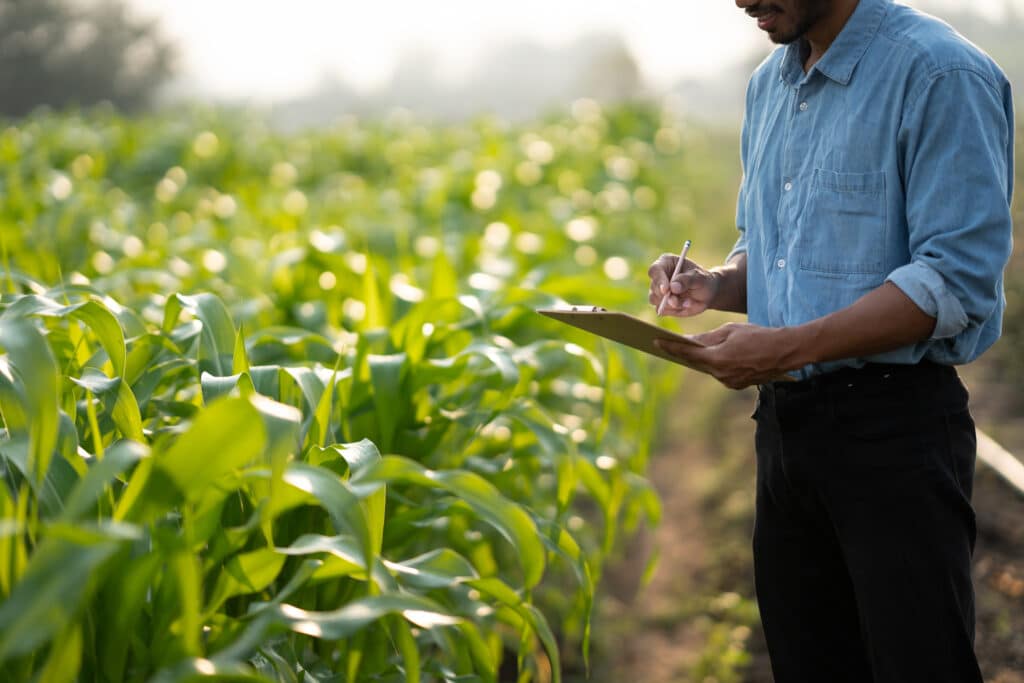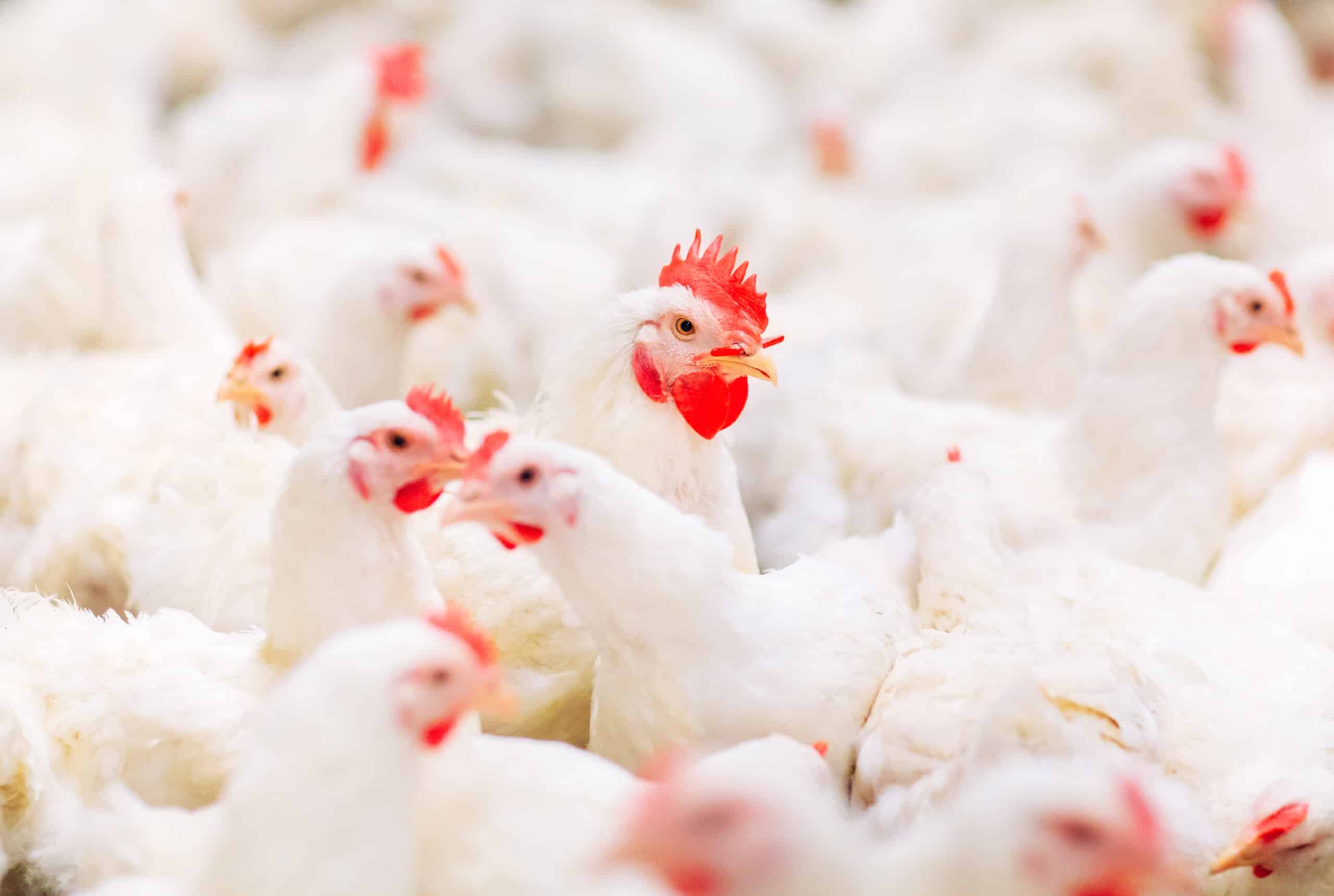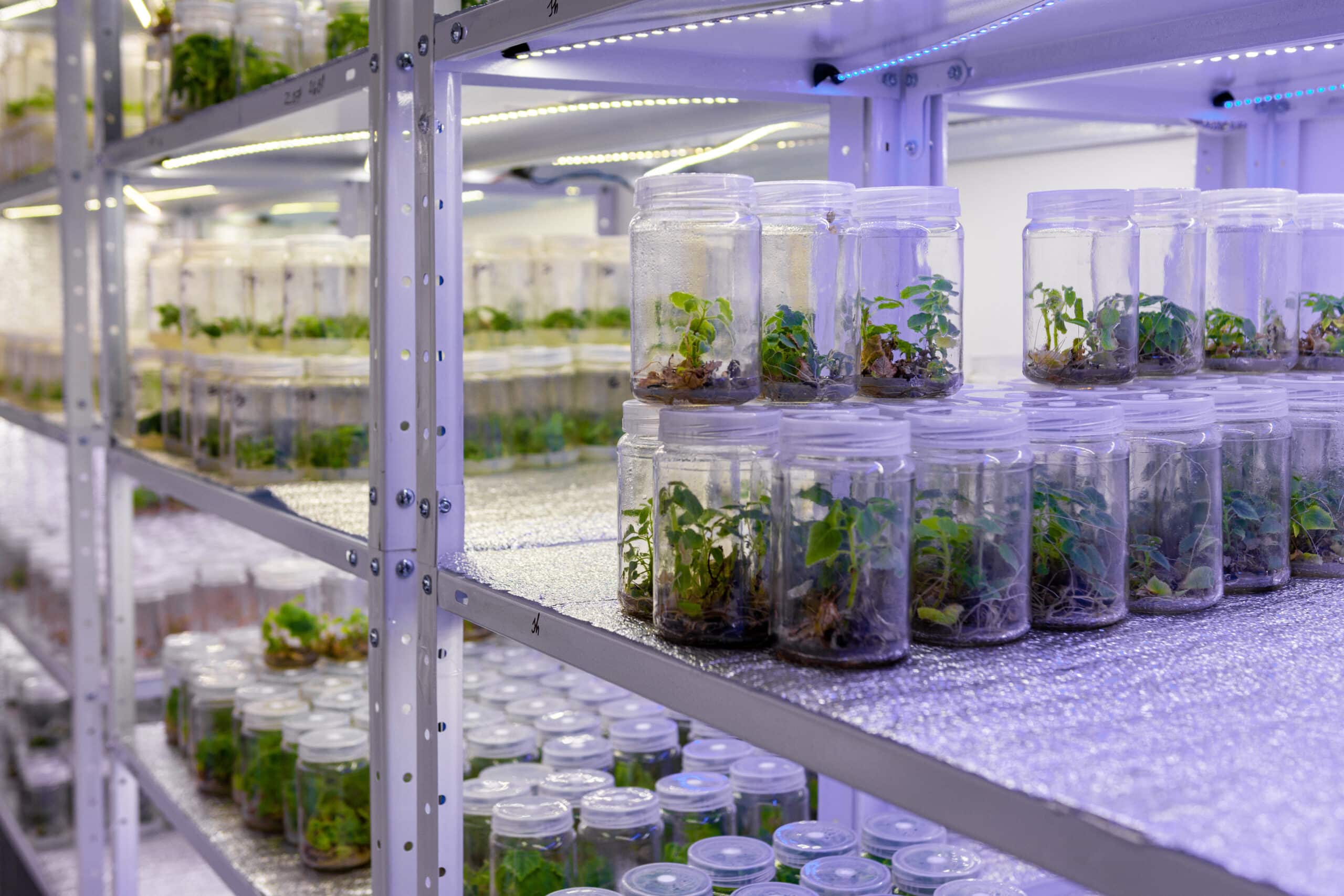Sustainable food production involves the production of safe and nutritious food in a viable industry, protecting natural resources while benefiting local communities. Sustainable methods of producing food are essential in feeding growing global populations while ensuring the long-term viability of food production, through the protection of vital natural resources such as land and water, and the prevention of climate change.
Conventional Agriculture
As the world’s population rapidly increased over the last century, so has the demand for food. As this demand for food has grown, so too has the pressure on limited natural resources such as fertile soils and fresh water.
As a result, conventional methods of agriculture have directly contributed to climate change, water scarcity, soil degradation and biodiversity loss as food production rushes to keep up with inflating demand.
Some of the negative impacts conventional agriculture has had include:
- An estimated 25% of global greenhouse gas emissions directly attributable to agriculture
- Growing crops and keeping of livestock account for 70% of the Earth’s freshwater resources. Together with forestry, they take up 60% of the Earth’s land surface
- Deforestation across the globe has not only caused significant habitat and biodiversity loss, but also released vast quantities of greenhouse gases into the atmosphere while reducing the number of trees available to sequester the same carbon
- The constant tilling of land and growing of the same crops year on year leads to land degradation
- Overuse of chemicals leads to pollution of soils, land and waterways
Sustainable food production
The negative impacts of traditional agriculture directly contribute to climate change, resource scarcity, and global biodiversity loss. As agricultural production rises to meet growing demand, ecological conservation and environmental stewardship has never been more important.
At Farrelly Mitchell, we are committed to mitigating the negative impacts of agriculture and safeguarding the future of our planet. Our sustainability experts hold deep knowledge on critical topics such as nature & biodiversity, regenerative agriculture, agroforestry, and clean energy, allowing us to confidently guide businesses on effective ways to reduce their environmental impact and comply with emerging regulatory and consumer demands.














